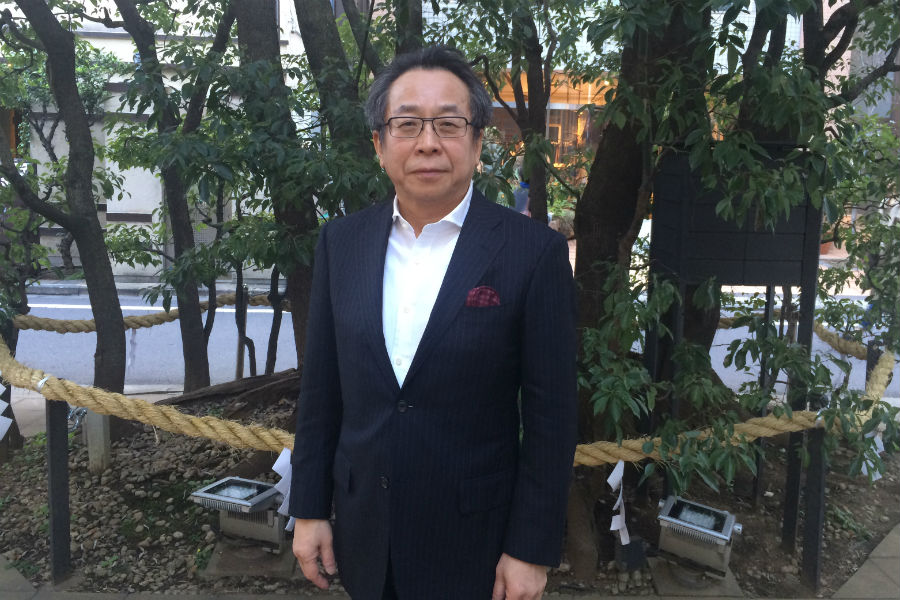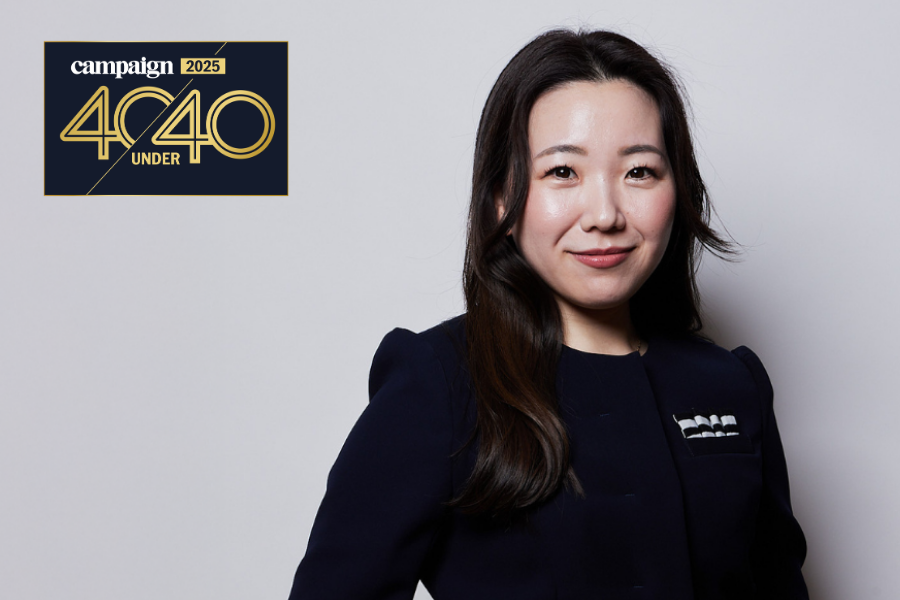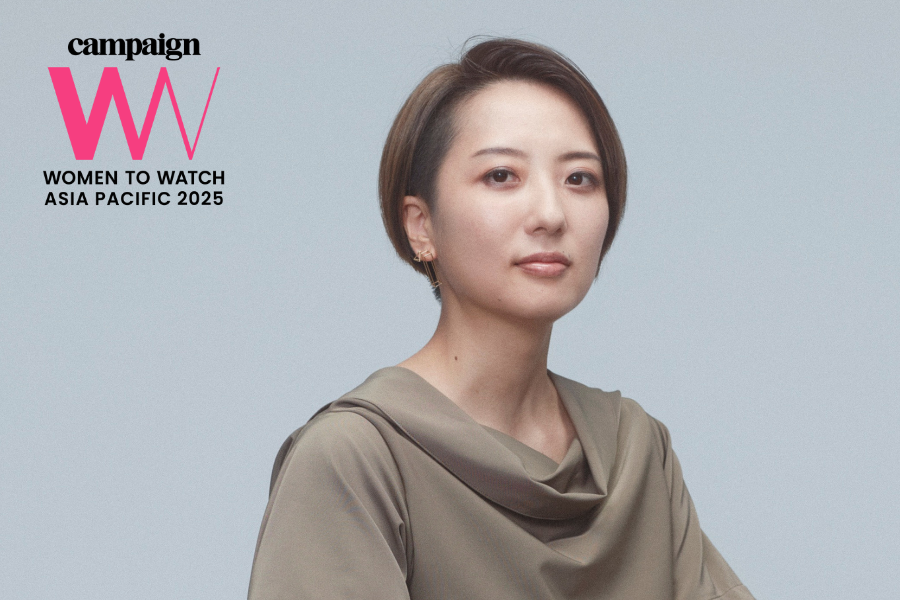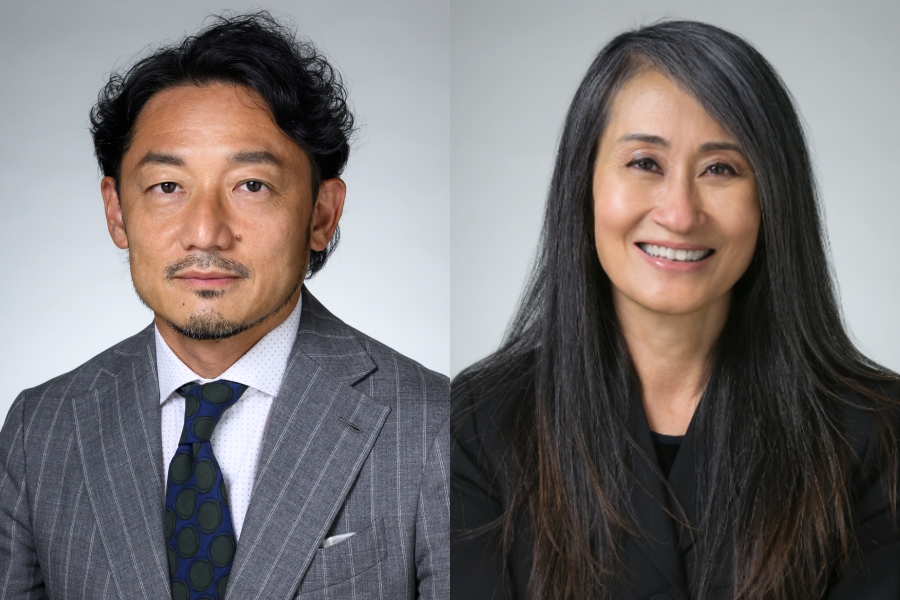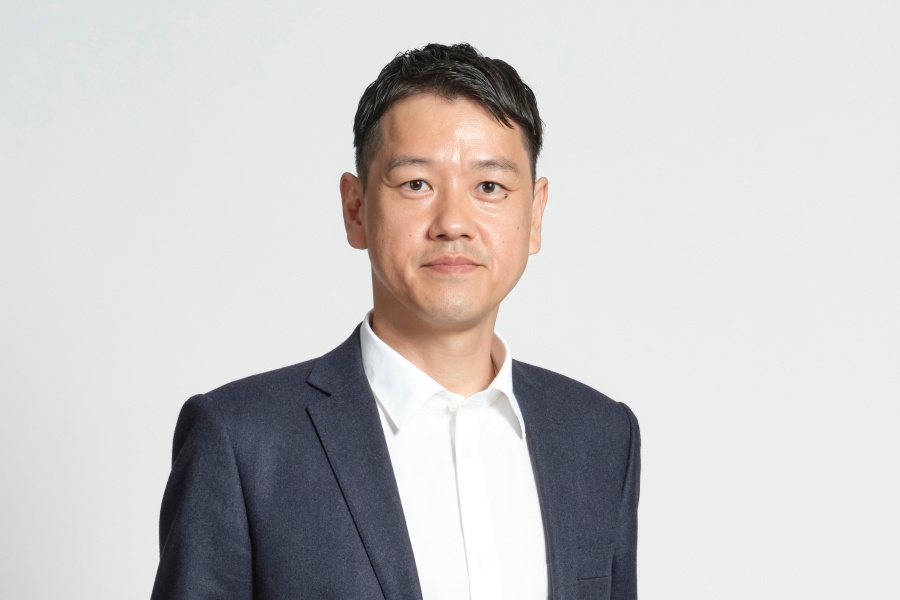April 2017 will see the launch of the Graduate School of Information and Communication in Tokyo. As one of few institutions in Japan to specialise in the study of public relations, it will set itself apart by teaching the importance of company philosophy in communications, according to the principal, Hideya Azuma.
Azuma is also the chairman of Sendenkaigi, a publisher of marketing-related media that has a sizeable professional education business. The school will be a sister institution to Sendenkaigi’s Graduate School of Project Design and be supported by the Japan Society for Corporate Communication Studies.
Courses will run for two years and target communications professionals in the private and public sectors, lawmakers and policy secretaries. Teachers will comprise 50 percent academics and 50 percent professionals from the private sector. Graduates will receive a ‘Master of Information & Communication Studies (MICS)’ certification.
Existing options for PR study include a class at Keio University sponsored by the agency Prap Japan, a class at Kanagawa University, and the Mie Institute of Communication, as well as numerous seminars already operated by Sendenkaigi.
Azuma said the new institute will occupy a space between academic theory and practical training. He said the aim is to help free PR activities from vertical separation and encourage practitioners to think more holistically, taking into account the overall philosophy of the organisation they represent. Typically, PR functions are divided into siloes such as corporate PR, product PR, writing of press releases, risk management and so forth.
Current training does not equip people to understand the social impact of their company or products, Azuma said. Often, he noted, people simply learn “how to talk about new products”, which does little to help the public grasp what a brand stands for and can lead to misunderstandings.
He added that internal communications and listening to a company’s “internal voice” should be treated with the same importance as external communications or media relations. Aggressive marketing and events mean nothing if staff at customer level do not provide a good experience, he noted. “An important role of PR is to have employees understand what they should and shouldn’t do, so they can all align together.”
A focus will be SMEs, which make up around 90 percent of Japanese companies. Too often at smaller enterprises, Azuma said, the role of PR is left to employees without professional communications training, such as the president’s secretary. He admitted that PR is still poorly understood in Japan compared to advertising, partly because of the similarity of the kanji characters used to write both terms, which imply ‘sending out a message’.
He added that the tendency of CEOs to apologise in the wake of crises, rather than communicating how they are working to fix the situation, is a misinterpretation of PR that ultimately erodes brand value.
There is hope, though. Azuma said he sees “some presidents putting more weight on PR”, and some companies, such as Asahi, even appointing presidents with a PR background. The new institute will aim to support that trend across Japan. Ultimately, Azuma hopes to open schools in Osaka, Okinawa, Nagoya and Hokkaido as well as Tokyo.
Junko Okamoto, an independent PR consultant in Tokyo who has also worked in the US, said the establishment of the institute is a positive step to promoting better understanding of the PR discipline in Japan.
“A lot of companies think PR equals media relations,” she said. “A lot of measurement is based on that concept—one-sided, rather than interactive, communications. Media is not the most important thing. It’s how you engage with your audience. This obsession with media is limiting the potential of PR.
“If this school helps people realise the true potential of PR, it will be a great thing. Propagating old concepts of ‘koho’ (sending out a one-way message) will not work.”
Okamoto added that PR can learn from the world of marketing in becoming more strategic and “adventurous”.
“I think there’s a huge gap between them,” she said. “Japanese companies focus on the defensive side rather than the proactive. I’d like to see them open up to global views and become more experimental.”

